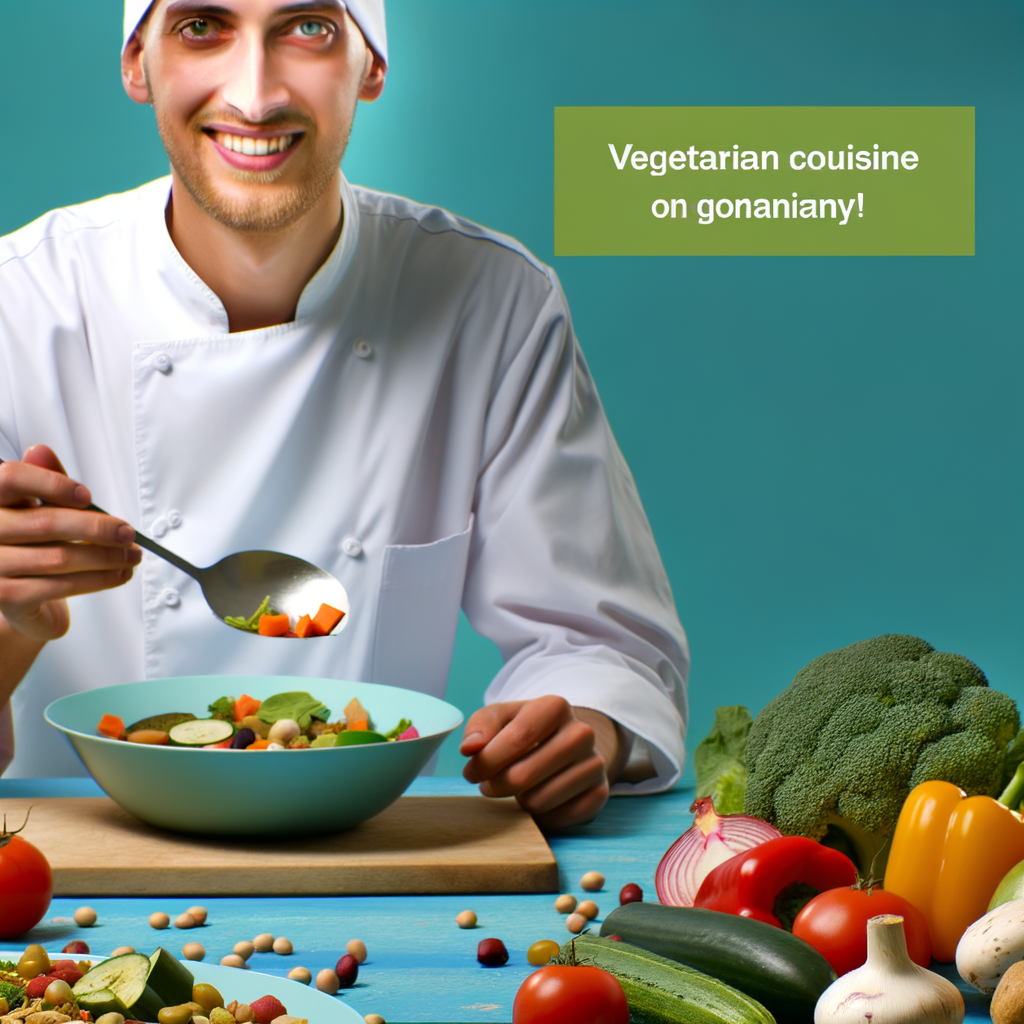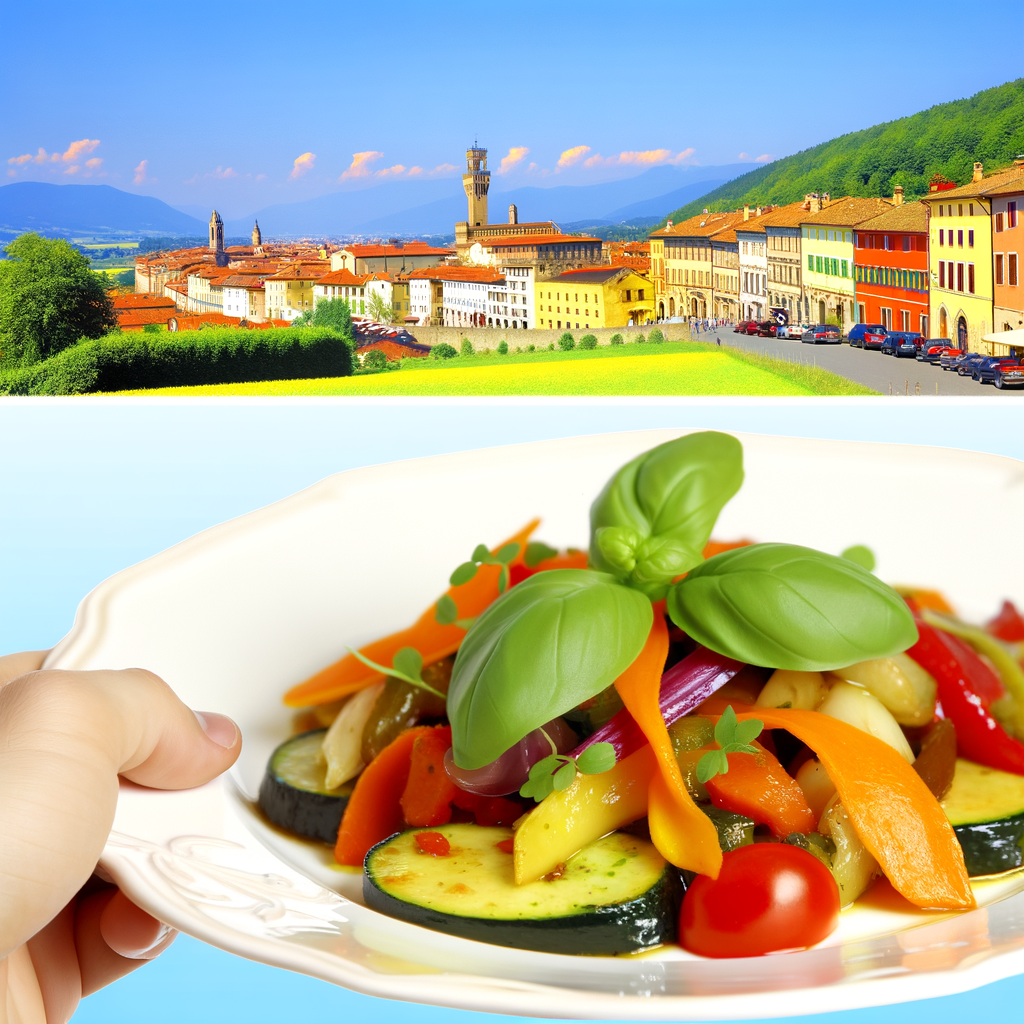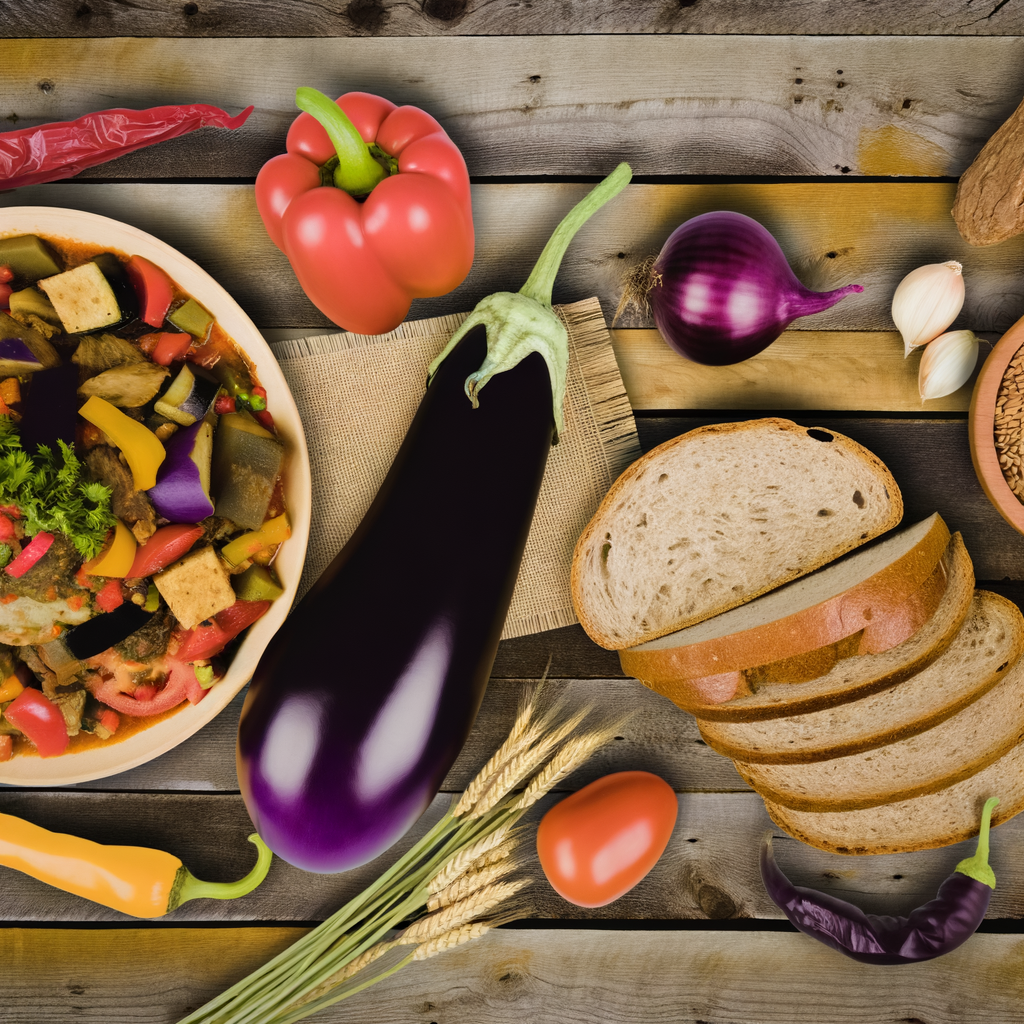As a chef, one of the most common questions I get asked is about dietary preferences. In today’s world, with so many different diets and lifestyles to choose from, it can be overwhelming to know where to start. In this article, I want to focus on one specific dietary preference – vegetarianism.
Vegetarianism is a way of eating that excludes meat, poultry, and seafood from the diet. This may sound restrictive, but there are actually many different variations of vegetarianism. Some people may still consume dairy and eggs, while others may choose to eliminate all animal products from their diet.
One misconception about vegetarianism is that it is not a balanced diet. However, with proper planning and knowledge, a vegetarian diet can provide all the necessary nutrients for a healthy lifestyle. In fact, many studies have shown that vegetarian diets can have numerous health benefits, such as reducing the risk of heart disease and type 2 diabetes.
But it’s not just about the health benefits. Vegetarianism also has a positive impact on the environment. Animal agriculture is one of the leading contributors to greenhouse gas emissions, and by choosing a vegetarian diet, we can help reduce our carbon footprint.
So whether you are considering becoming a vegetarian or just looking to incorporate more plant-based meals into your diet, there are endless delicious options to choose from. As a chef, I am constantly experimenting with new flavors and ingredients to create innovative vegetarian dishes that celebrate the abundance of vegetables, grains, and legumes available to us. So why not give vegetarianism a try and see where it takes you?





